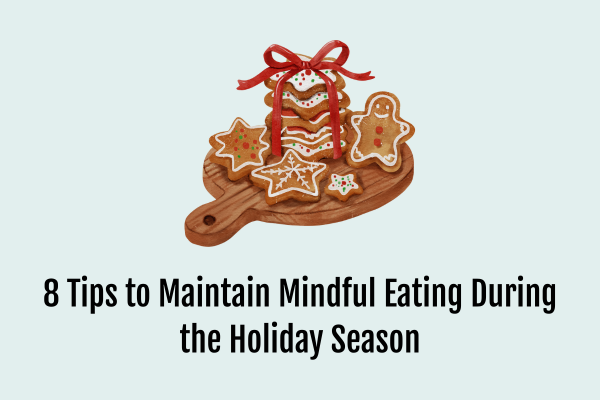Allison Ballina MS, RD, LDNThe pressure to be thin is as real as ever. People, especially young females, are willing to go to extremes for the ultimate goal…the perfect body. But what is the perfect body? Is it having a muscular appearance, having the “thigh gap”, being able to fit into size 0 jeans, or having a flat stomach? There is no definition for the perfect body. However, what our mind tells us tends to be what dictates our decisions. It can become an obsession that is difficult to explain, and ultimately our actions create an outcome.

Disordered eating and eating disorders often get confused. Disordered eating can refer to wide range of abnormal eating behaviors, some which are shared with eating disorders. Some common symptoms of disordered eating include: binging, dieting, skipping meals often, laxative use, chronic fasting, body shaming, misuse of laxatives, and self induced vomiting. These are not as easily diagnosed as an eating disorder. Individuals struggling with disordered eating exhibit many of the same symptoms as eating disorders but not as extreme or at a lower frequency. Many people suffering with this have a tarnished relationship with food that includes fears, phobias, avoidance, and emotional eating. All of these are included on the spectrum of disordered eating. It is just as common in people who are overweight and obese, they continue to gain weight because of an emotional attachment to food. People with disordered eating are at a greater risk for developing eating disorders. Their eating patterns may lead to malnutrition, fatigue, or poor concentration. It can also greatly affect a person’s social life due to the constant anxiety around food.The alternative, eating disorders, may include anorexia, bulimia, binge eating, and/or any combination of the three. However, all three involve abnormal eating behaviors and weight regulation. Eating disorders may occur after many years of disordered eating, where our desire to regulate what we eat may have spiraled out of control. Some common signs and symptoms we see as eating disorders develop include: avoiding social events due to food being served, excessive exercise, constant control over food, excessive focus on “healthy” foods, preparing own meals instead of what the family is eating, persistent worry and talk of being fat, vomiting, and binging on excessive quantities of food.An eating disorder can be very debilitating. They can be both physically and psychologically destructive. Eating disorders are most commonly seen in teens and young adults but can occur at any age. Sometimes eating disorders may co-exist with anxiety, substance abuse, or depression. These individuals often feel alone and struggle with a constant internal battle regarding the way they look. Professional help as early as possible can greatly enhance the recovery.Overall, we need to remember that the goal of health is to be just that, “healthy”. Are we free from disease, at an appropriate body weight for our height and frame, are we physically active, do we eat foods that improve our health while still allowing ourselves those forsaken “unclean” foods? These are the things that define health. There is no perfect diet and there are no perfect people. It is all about finding the balance between living a healthy lifestyle to the best of our abilities and enjoying the many things life has to offer. Food does not need to control our destinies. A Dietitian is a resource to help improve your relationship with food. They can help with the balance of social, emotional, and biological factors. The best way to fix the problem is with cognitive behavioral therapy, cognitive dissonance, and eating therapy. If you or someone you may know are suffering from disordered eating or an eating disorder, contact a Registered Dietitian for help and more information.
Resources: Case Specific Nutrition





.webp)

